The economic, political and social changes confronting our nation are enormous and will challenge us physically, mentally, emotionally and spiritually.
They will require citizens to have the capacity and the determination to face up to the task at hand and the confidence that these obstacles can be overcome. The qualities necessary for creative solutions—hard work and imagination—have their foundation in play. Carl Jung said, “The creation of something new is not accomplished by the intellect but by the play instinct acting from inner necessity.” This is the time where it is necessary for our country to find the means to recover from our present circumstances and restore our economic health and prosperity.
Community play areas, parks and green spaces, and people gathering places are not frontline infrastructure projects. They are not essentials. Effective government, job creation, accessible transportation and education are the requisites for a growing economy and political stability.
However, access to and opportunities for play and recreation are what give life meaning. Play is the cement of our society and culture; it is what binds us as a nation. People at play are healthier, happier and more creative. Therefore we must value play as a necessary component of rebuilding our infrastructure and our communities.
A Duty To Lobby
For these reasons, professionals in the park and recreation industry have a duty to lobby for recovery dollars that will assist us in developing, designing, building and operating community facilities and spaces. These areas and the “play” which is fostered must be seen as an integral part of a well-planned and successful rebuilding of the nation’s infrastructure.
The most effective efforts and the “right lobbying” will emphasize the immediate benefits to the community. We will need to demonstrate how important our projects can be in creating jobs and putting money back into our communities. Our projects engage contractors, designers, fabricators, engineers and manufacturers. Furthermore, they have immediate and long-range benefits.
Additional economic benefits are inherent in these localized projects. Play is not only emotionally and spiritually restorative but it is directly related to physical health. Physically healthy citizens create less of a demand on our health services and consequently our insurance costs. Motivated individuals in action simply grow every aspect of a community. The profound impact is this: The person is turned on to life. Complex problems are more manageable. Creativity spirals. Senses are heightened. The body is more oxygenated. There is a restoration of the health, strength and consciousness of the individual and consequently one’s community. It is the economic, political and social health which is the true measure of a great society and culture.
I am proposing and I believe many professionals will support the concept that neighborhood play areas, community facilities and green spaces can be “fast tracked projects” that will provide work and play and put money into the community. Our challenges as professionals, whether we are designers, manufacturers, suppliers, builders or directors of park and recreation departments, is to lobby for the projects that will give us these immediate benefits for the participants as well as the economy.
“Play keeps us vital and alive. It gives us an enthusiasm for life that is irreplaceable. Without it, life just doesn’t taste good. “
Lucia Capocchione
Distracted By Large Projects
We professionals have been distracted by designing large community parks, acquiring huge tracts of green areas, building destination playgrounds and mammoth water parks that take years to plan and develop. We claim that the benefits of these large-scale projects are endless; and they are, for us, the professionals. The private sector benefits by the economies of scale. The park professional benefits from the convenience of centralized management and maintenance.
Given our “mind set” and our present way of thinking, it is essential that we not remain or become the political obstacles to improving our communities’ opportunities for work and play, but that we become effective advocates and proponents of creating smaller neighborhood play areas with green spaces that are gathering places for the local community. The smaller play environments can be “fast tracked” and will prove to have more immediate benefits to our economy and community.
It behooves us as professionals that we manage to become integral players in moving our economy forward. We need to encourage investment in our communities and demonstrate the effectiveness of these public projects. This is an extraordinary opportunity for us to overcome some of the more obvious social and economic objections that we frequently encountered in the past.
I encourage you to become and be seen as a great lobbyist for immediate and effective facilities that will benefit the life of the community. Some of the projects may not qualify for the front pages of our professional trade journals, but they will fill all of us engaged in this enterprise with enthusiasm for life.


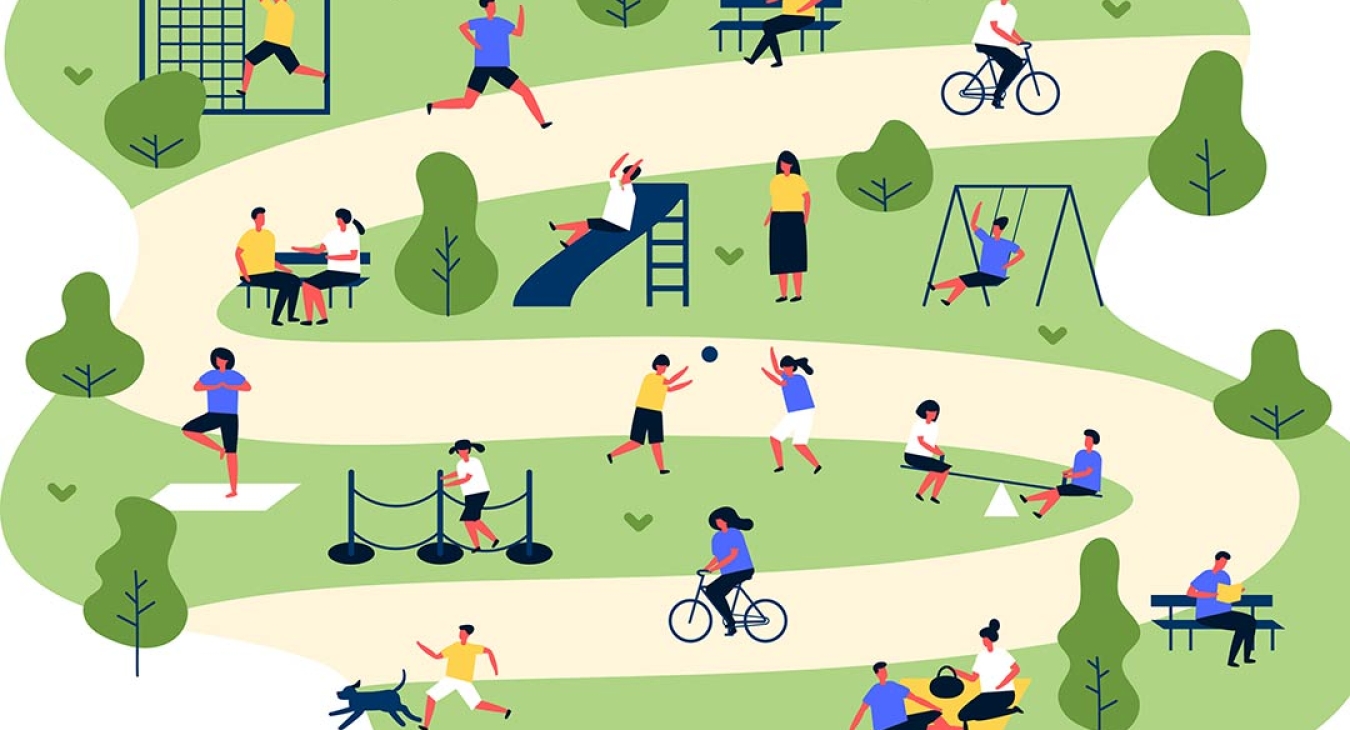
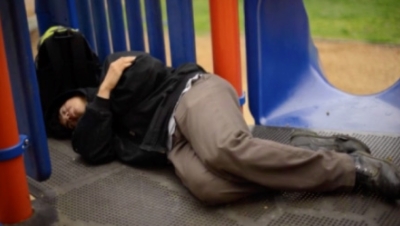




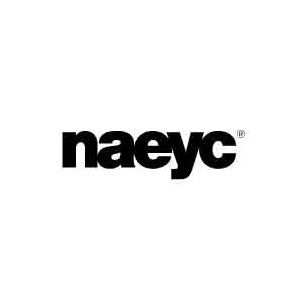
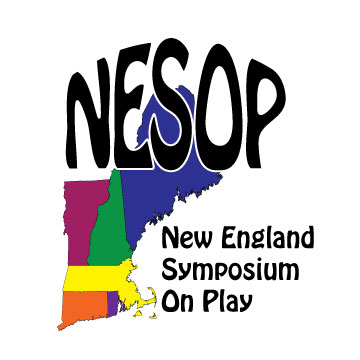






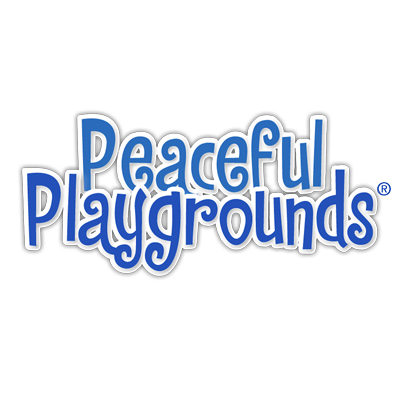



Valuing play within schools' infrastructure
I love this perspective of cultivating play and centering community when thinking about how we invest in our society. I just wanted to call out some of the good work being done to value play within one of our society's pre-existing infrastructures; education. While this article is more focused on spaces, the Coalition for Michigan's Schoolchildren to Play is focused on time. Their mission is to raise awareness around the lack of recess and play in schools and advocate for increases in physical activity, play and recess. The perfect addition to investing in building more neighborhood play spaces, community facilities, and green spaces!
More PLAY!!!
We couldn't agree more! Thank you for your perspective.
In reply to Valuing play within schools' infrastructure by Katie Murphy (not verified)
Add new comment